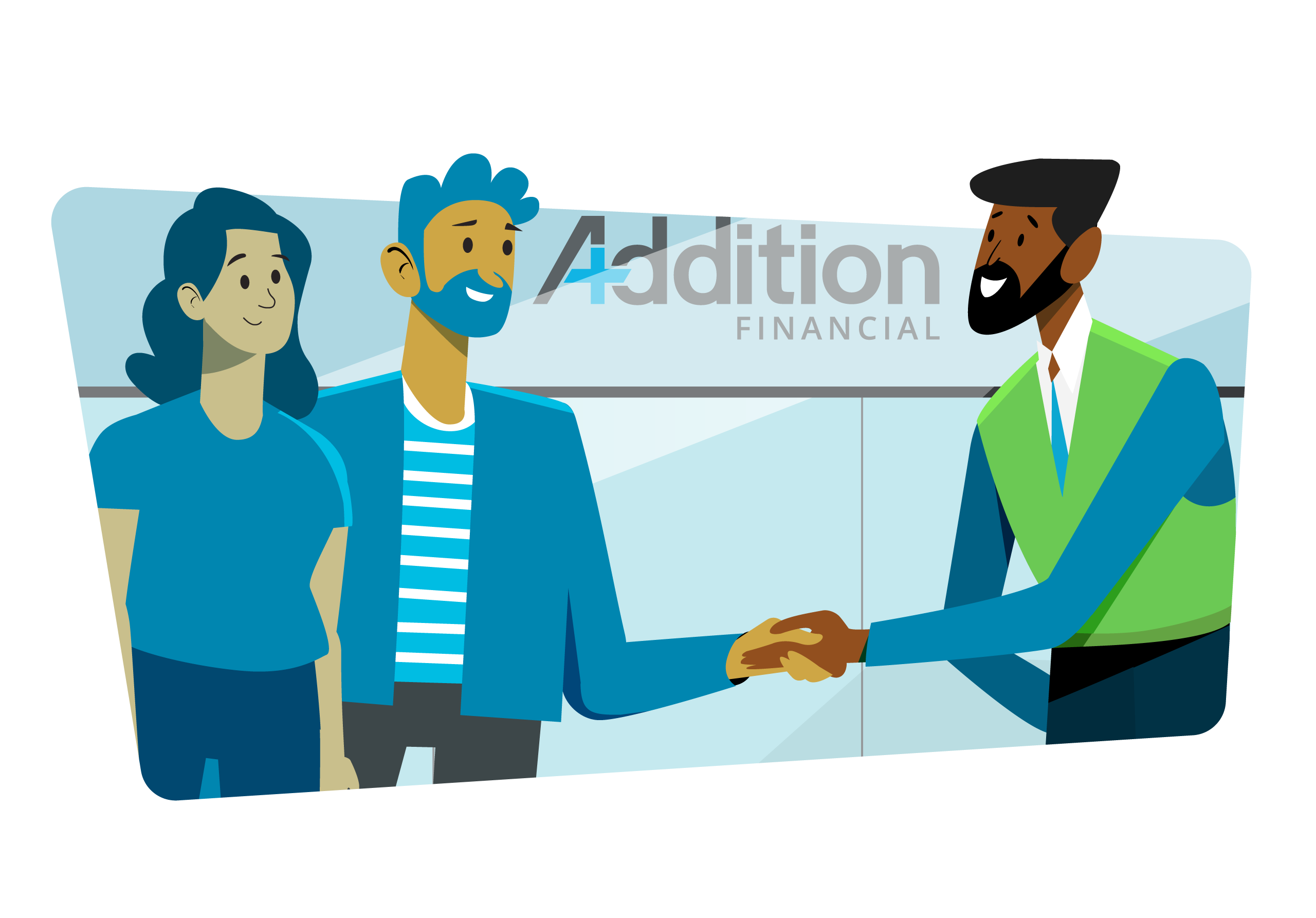What is a Credit Union
If you’ve only ever had accounts at huge nationwide banks, you might not know what a credit union is. But there are a lot of benefits to banking with a credit union.

Differences Between Banks and Credit Unions
Key Differences Between Banks and Credit Unions:
- Ownership: Credit unions are member-owned, while banks are for-profit corporations answering to shareholders.
- Fees & Rates: Credit unions typically offer lower fees and interest rates.
- Customer Service: Credit unions prioritize personalized service and financial education.
- Membership Perks: Credit unions may provide unique benefits, such as discounted event tickets.
- Eligibility: Membership often depends on criteria like employment, profession, or geographic location.
How to Evaluate Financial Institutions
- Ask Questions: Inquire about fees, services, and customer care.
- Review Services: Check for important features like mobile banking and mentorship.
- Read Reviews: Focus on recent online reviews.
- Get Recommendations: Ask friends, family, and colleagues.
- Understand Fees: Make sure account fees are clear.
Banking Technology & Features
Technology has made personal banking easier and more versatile than ever before. Some features to look for at your credit union include: Robust online banking features, including online transfers, electronic (paperless) statements and online bill pay. A mobile app that allows you to make payments, deposit checks remotely and access financial information 24 hours a day. P2P payments, so you can transfer money to other people directly from your bank. It’s possible to find a credit union that offers all the technology you need – and ultimately, it’s not a good idea to settle for a second-rate solution.
Modern credit unions offer robust digital solutions:
- Online Banking: Manage transfers, bill payments, and paperless statements.
- Mobile Apps: Access financial information, deposit checks, and make payments.
- P2P Payments: Transfer money directly to others securely.
Steps to Switching Financial Institutions
- Review the membership requirements. All credit unions service a specific field of membership. That means you must meet eligibility requirements in order to join. At Addition Financial, you must live, work, attend school, or worship in one of the 26 Central Florida counties we service.
- Open your new credit union account before you close your old account.
- Set up a link between your old account and your new account. (You will need to do an ACH or wire transfer to move your money between financial institutions.)
- Review recurring and automatic payments for your old account and switch them to your new account. (Best option: review your bank statement to find accounts and go through them one by one.)
- Change your direct deposit from work to your new credit union account.
- Monitor your old account and correct any issues as they arise.
- When you are sure that you no longer need your old account, close it and transfer any remaining balance to your new account.
Typical Credit Union Services
Credit unions offer a wide array of services to their members. Unlike banks, credit unions prioritize financial education, money management and working with their members to help them build credit and achieve their financial goals.
Financial Education
The biggest obstacle to achieving your financial goals is not understanding finance basics. Credit unions typically offer their members educational tools and services that banks don’t. They may include:
- A library of blog posts about relevant money management topics
- Free in-depth guides to explain topics such as credit cards, mortgages and auto loans
- Online tools, including calculators to help you budget, pay down credit card debt or buy a home In-person guidance with credit union employees and financial advisors
Budgeting / Saving Help
Checking & Savings Accounts
Key Features to Evaluate:
- Account fees, overdraft charges, and balance requirements
- Digital tools like mobile banking and eStatements
- Interest rates for savings accounts
Steps for Opening a New Account:
- Choose the right account.
- Present ID and complete paperwork.
- Make an initial deposit.
- Set up direct deposit.
- Arrange automatic payments.
Tips for Debit Card Safety:
- Keep your PIN secure.
- Use bank ATMs.
- Avoid public Wi-Fi for transactions.
- Monitor statements for suspicious activity.
Credit Cards & Loans
Credit Cards
- Shop for competitive interest rates.
- Choose cards with rewards or cashback options.
- Read the fine print.
Loans
- Credit unions often provide flexible lending terms and are willing to assist members in building or repairing credit.